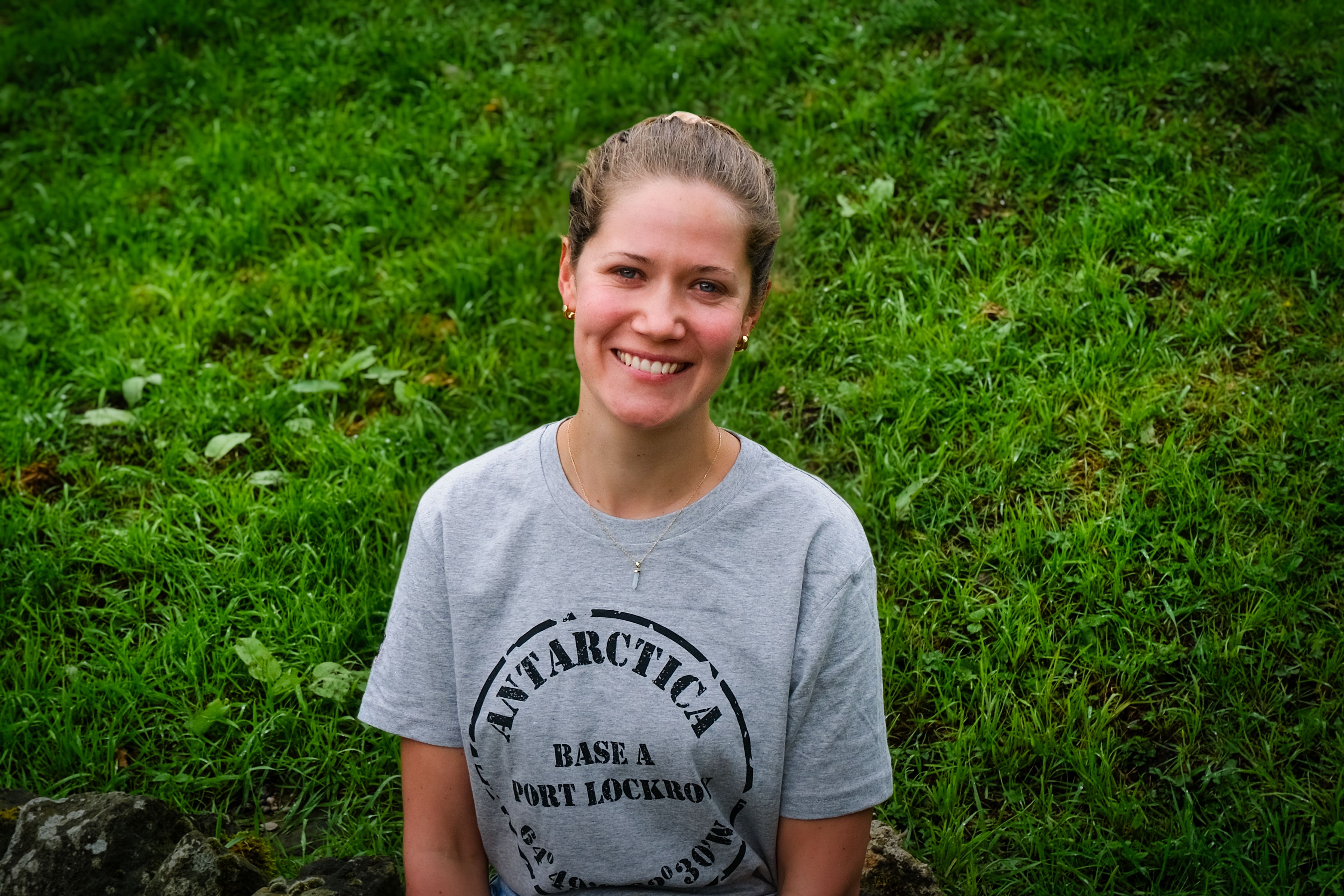NHS midwife swaps birth centre to work on Antarctica island with 1,000 penguins
Bridie Martin-West has been appointed as ‘base leader’.

An NHS midwife is swapping working at a birth centre in London to live on an island with 1,000 penguins in Antarctica.
Bridie Martin-West, 33, was selected by the charity UK Antarctic Heritage Trust (UKAHT) to work at the “football pitch-sized” Goudier Island Base A at Port Lockroy.
Along with five other colleagues, Ms Martin-West, originally from Cornwall, will be responsible for managing and maintaining the base for five months starting from early November, to ensure the “incredible” stories of the first explorers and scientists who ventured to the South Pole are preserved.
Ms Martin-West has been appointed as the “base leader” at Port Lockroy and will be responsible for the wellbeing of the team.
The team comprises a postmaster and museum manager, a shop manager, wildlife monitor, and general assistant.
During a secret Second World War mission called Operation Tabarin, Base A was established as the first British base in Antarctica in 1944.
Nearly 80 years later, it is now home to the world’s southernmost public post office, a museum and a colony of gentoo penguins.
The NHS midwife told the PA news agency: “It’s a big difference, but so many of the skills of a midwife are relevant… keeping calm under pressure, not getting worried by changing environments and responding to people in highly stressful situations.
“I worked in a birth centre, looking after women throughout their pregnancies and the births of their babies – it’s high-stress and hugely changeable.”
She said she will miss her colleagues in midwifery, but they are “excited” about her new job in Antarctica.
“I have brilliant midwifery colleagues… they are fantastic,” she said.
“They are so excited for me and can’t wait to see what I’m up to.”
The 33-year-old said training for Antarctica has been “full-on”.
She said: “We’ve been doing loads of training, doing remote first aid because we’re not able to call 999… learning about how to pull sledges and how to monitor the penguin population.
“It’s been really full on, so I feel more ready, but I don’t know if you can ever feel completely ready for such an incredible experience.”
In December, Ms Martin-West and her team will be joined by a group of conservation carpenters who will repair and maintain the historic buildings.
Graham Gillie, a 56-year-old carpenter from Edinburgh, Scotland, husband of Anna, 49 and father to Thomas, 14 and James, 12, will work for three and a half months between Base A on Port Lockroy and Base W on Detaille Island during his third trip to the Antarctic since 2010.
Base W on Detaille Island was a research station from 1956 to 1959 and is now a protected site with many artefacts left behind from a hasty evacuation when it was shut.
The 56-year-old told PA: “Communications, particularly at Detaille Island, are quite limited; they’re hoping to have slightly better communications at Port Lockroy this year, but even still, it’s difficult.
“You just have to have an understanding with people at home that they may get an email now and again, but it’s quite difficult.
“And they (my family) fully support that… but I have to say that’s going to be one of the hardest things for me is missing the family when I’m away.”
He added he is “attracted” towards working in “extreme” environments, describing it as a “real challenge”.
He said: “For example, at Detaille Island we’re camping because we can’t stay at the hut because it’s a heritage site – it has to be protected.
“So, we are camping on that island… I think that will be part of the difficulty but also part of the attraction for me because it’s just that extra level of complication.”
To support UKAHT, go to: shop.ukaht.org/basket/editbasket
Bookmark popover
Removed from bookmarks